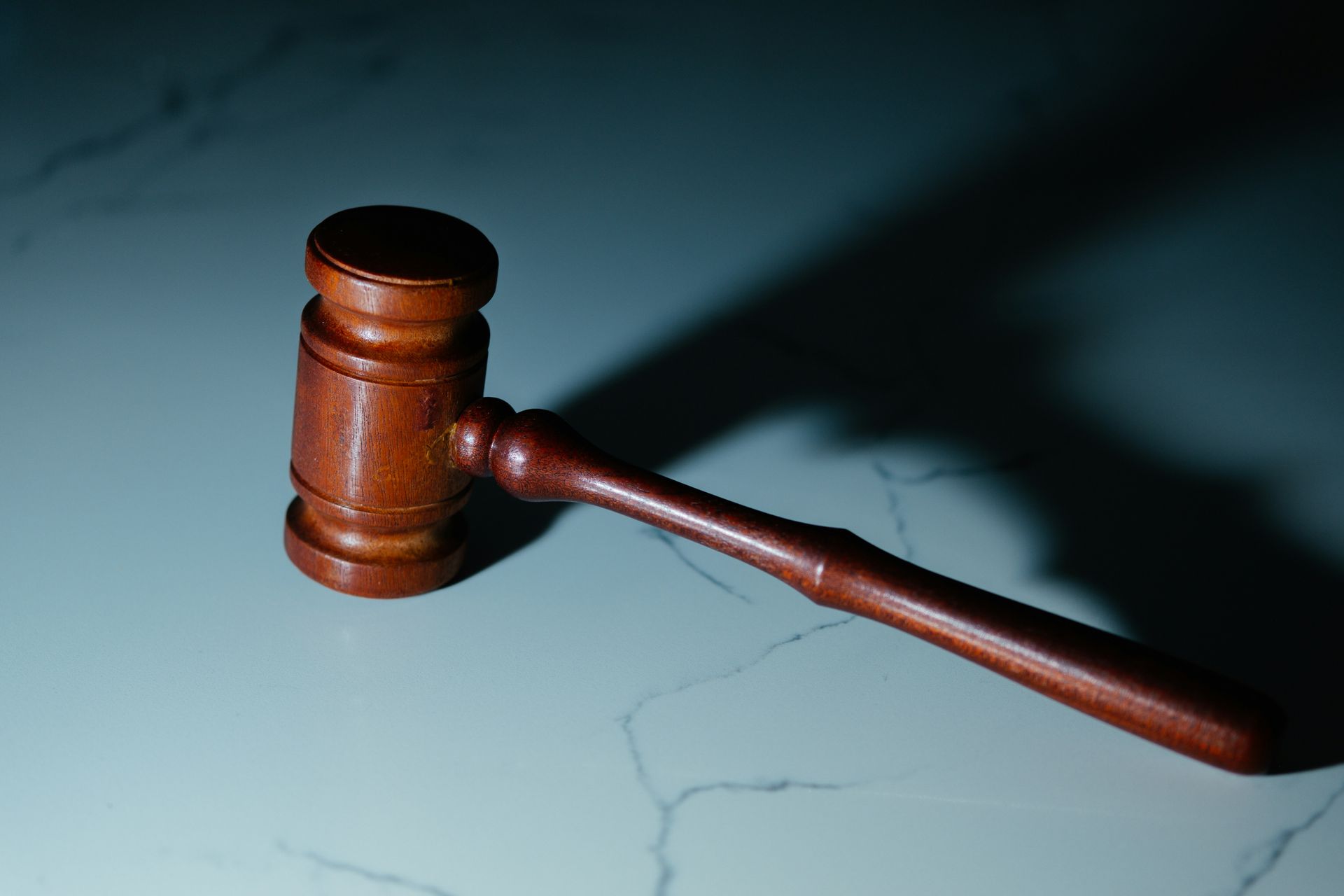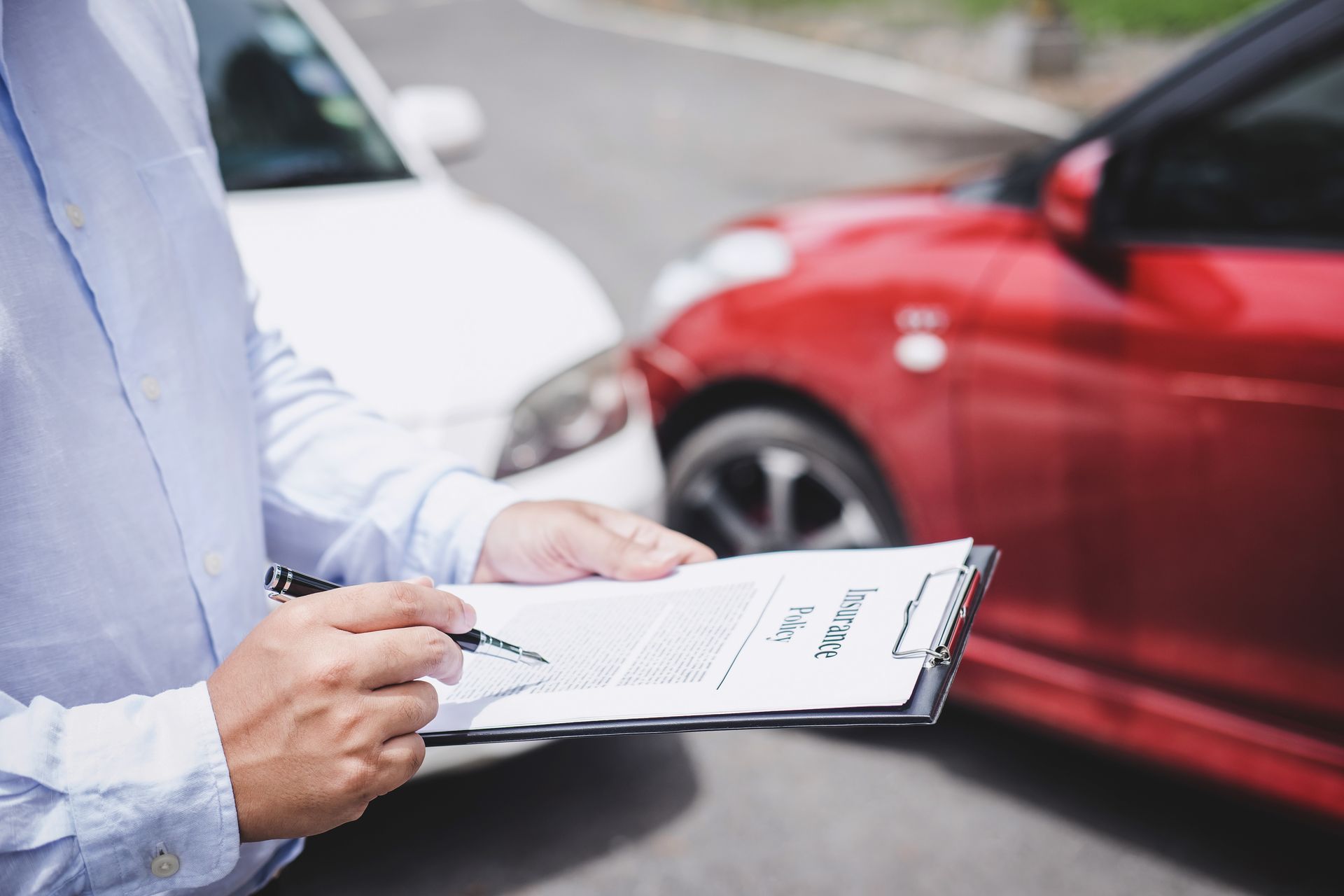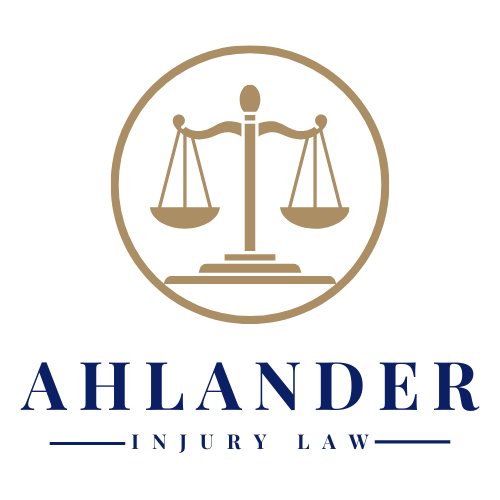Essential Actions After a Car Accident
A car accident can occur in a mere flash, yet its aftermath may have long-lasting effects on those involved. From the initial moments following the incident to the days and weeks thereafter, knowing what actions to take can provide vital protection to one's health and legal rights. This guidance serves as a critical companion for anyone navigating the unsettling and often confusing post-accident landscape, providing clarity on the essential steps to safeguard oneself both medically and legally.
Ensuring Immediate Safety
The first priority following a collision is to ensure the safety of all parties involved. If the vehicle is operable and in a precarious position, move it to a safe area away from traffic to prevent further accidents. Switch on hazard lights to alert other drivers and, if available, set up emergency triangles or flares for additional safety.
Medical Attention: A Crucial Step
Even if there are no apparent injuries, the shock and adrenaline rush during an accident can mask pain and symptoms. It is imperative to seek medical attention immediately—even for seemingly minor discomforts—as some injuries may not manifest until hours or days later. Obtaining a professional medical evaluation not only aids in recovery but also provides documented evidence should medical claims need to be made later.
Contacting Law Enforcement
Summoning law enforcement to the accident scene plays an essential role in the legal process ahead. Officers will create an accident report detailing the incident, which is often a critical document when filing insurance claims or if any legal disputes arise. Provide an honest and factual account of events to the responding officer without admitting fault or liability.
Exchanging Information with the Other Party
While waiting for law enforcement to arrive, exchange names, contact information, insurance details, and vehicle registration numbers with the other parties involved. This step is crucial for insurance purposes and any potential legal proceedings.
Documenting the Scene
Harnessing the power of documentation by photographing the accident scene is vital. Capture images of the vehicle damage, any visible injuries, road conditions, traffic signs, and the relative positions of the cars. These photos can serve as important evidence in insurance claims and legal disputes.
Witness Statements
If there are witnesses to the accident, their accounts can be incredibly valuable. Obtain contact information from individuals who saw the collision and are willing to provide statements. Their unbiased perspective can support your recollection of events.
Notification of Insurance Company
Informing the insurance company as soon as possible following an accident is imperative. Providing a truthful account of the incident is vital; however, it is advisable to consult with an attorney before giving a recorded statement or accepting any settlements, especially if there are injuries involved.
Following Up on Medical Care
After initial medical checks, follow up appointments are essential, particularly if injuries were sustained. Documenting all medical procedures, treatments, and medications can substantiate claims related to the accident. It’s important to adhere to medical advice and maintain all records of visits and treatments related to the accident.
Seeking Legal Counsel
Navigating the legal implications of a car accident can be complex and, at times, overwhelming. Consulting with an attorney who specializes in traffic accidents can provide clarity and ensure that legal rights are upheld. They can assist with insurance negotiations, help understand the legal options available, and represent in the event of litigation.
Managing Repair Assessments and Vehicle Damage
Obtaining a thorough assessment of vehicle damage from a reliable auto repair professional is necessary to understand the extent of repairs needed and the associated costs. Keep a detailed record of repair quotes and any communication with insurance adjusters regarding vehicle damage.
Preparing for Insurance Claims and Disputes
A well-prepared case is indispensable when filing an insurance claim. Gather all documentation—from medical records and bills to repair estimates and photographic evidence—to build a strong claim. If disputes arise, these documents will be invaluable in substantiating the case.
Monitoring Mental Health
The emotional impact of a car accident can sometimes be as significant as the physical injuries. Monitor mental health in the days and weeks following the accident, and consider counseling or therapy if experiencing anxiety, stress, or other emotional distress related to the incident.
People involved in a car accident face immediate concerns for their safety, health, and legal standing. By prioritizing these crucial actions in the aftermath of a collision, individuals are better equipped to navigate the complexities that follow. Seeking medical attention, documenting the scene, and obtaining sound legal advice lay the groundwork for a thorough and fair processing of any ensuing claims or legal action. The steps provided serve as a roadmap for those affected by a car accident, ensuring they are prepared to tackle every aspect of the aftermath with diligence and composure.
In the wake of a car accident, the duration and intensity of its aftermath can vary greatly, but the importance of taking informed and deliberate steps remains constant. From immediate post-accident procedures to long-term care and legal dealings, the actions taken can significantly affect recovery outcomes and the protection of individual rights. For all involved, these steps provide a framework for effective recovery and resolution, ensuring all necessary measures are taken to address the multifaceted consequences of a car accident.
If you've been involved in a car accident in Nevada and need guidance on your next steps, Ahlander Injury Law is here to help. Our team of experienced attorneys specializes in navigating the complexities of personal injury claims, ensuring you receive the compensation you deserve. Don't navigate this challenging time alone; let us advocate for your rights. Contact us today to schedule a consultation and take the first step towards recovery.





